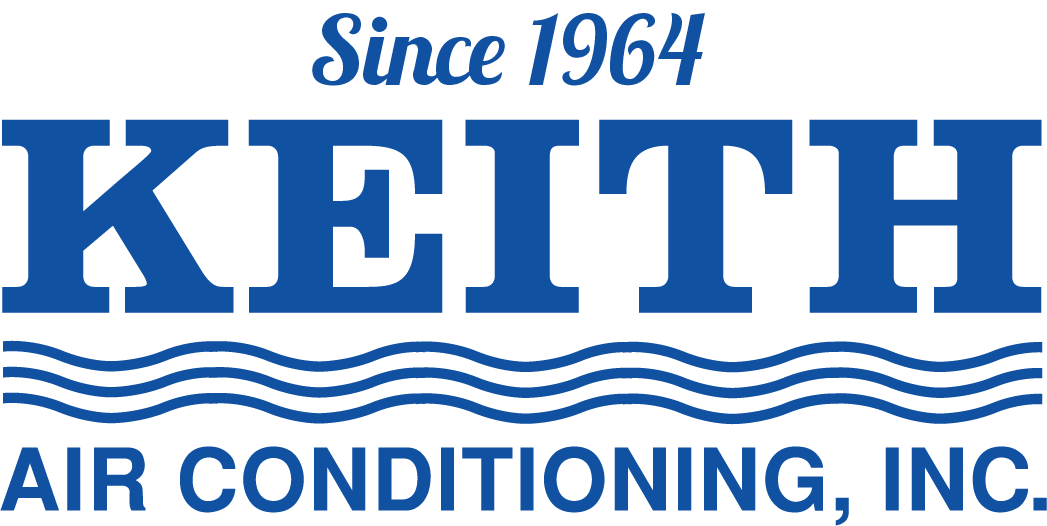
It isn’t uncommon for Mobile, AL homeowners to struggle with managing indoor humidity levels, even during cooler weather. As we approach the winter season, the concern is usually about dry indoor air, but regions such as ours with mild winters, can still see problems with indoor high moisture levels at this time of the year.
Manage Everyday Activities
Regular tasks like cooking, cleaning, showering, and washing clothes are some of the biggest contributors to indoor moisture. By keeping an eye on how and when your family performs these activities, you can get a better handle on indoor moisture. The goal is to keep indoor humidity levels between 30 and 50 percent.
Be sure to use kitchen, bathroom, and laundry room vents that transfer exhaust outdoors instead of allowing that moisture to remain in your home. Having an exhaust system that vents hot, moist air properly can do wonders for your home’s humidity and improve indoor air quality.
Encourage Ventilation
Fortunately at this time of the year, we can take advantage of the pleasant temperatures outdoors. Stale, humid air can become a breeding ground for dust mites, mold, and other allergens that thrive in moist conditions. Open windows and doors to help bring fresh air into your home. Keep your home’s indoor air moving with a combination of the HVAC system, ceiling fans, exhaust fans, and natural airflow. Make sure the HVAC air filters you use are advanced enough to capture allergens.
Use a Dehumidifier
During the spring and summer, most Mobile homeowners run their air conditioners to lower indoor temperatures as well as humidity levels. When the temperatures drop in fall and winter, however, using the air conditioner in this way is not always an option. A dehumidifier provides efficient filtration, reduces humidity, controls mold, and improves the indoor air quality. This unit works with the HVAC system to pull excess moisture from the air. You can use it to manage humidity levels in any climate and to tackle humidity issues throughout your entire home.
Do you constantly struggle to maintain a healthy humidity level in your home? Call the indoor air quality experts at Keith Air Conditioning, Inc. at 251-476-3610 to learn about the best solutions for your home.






